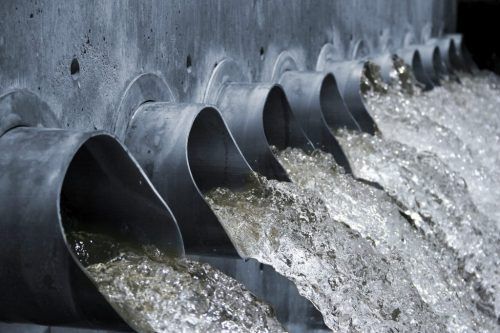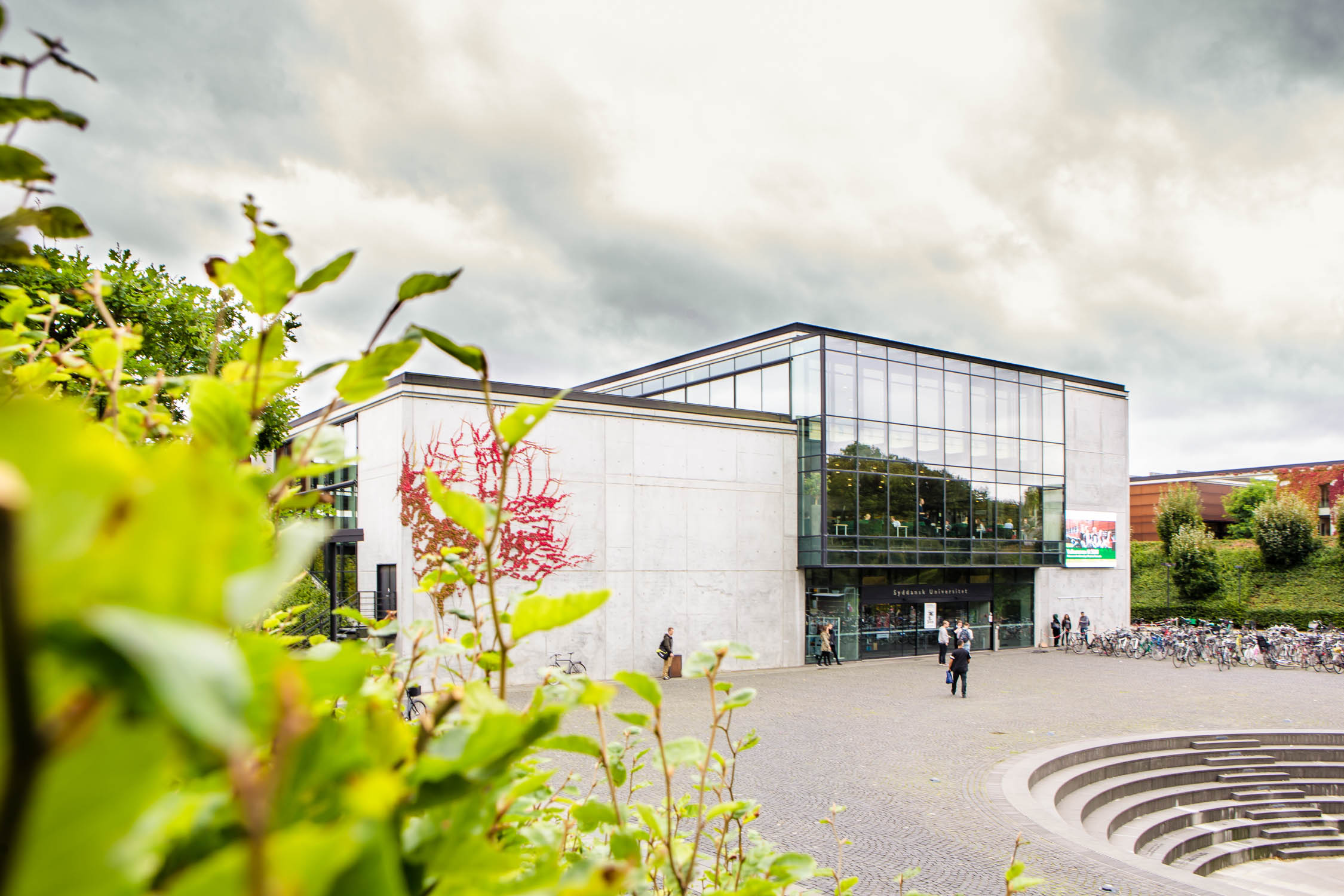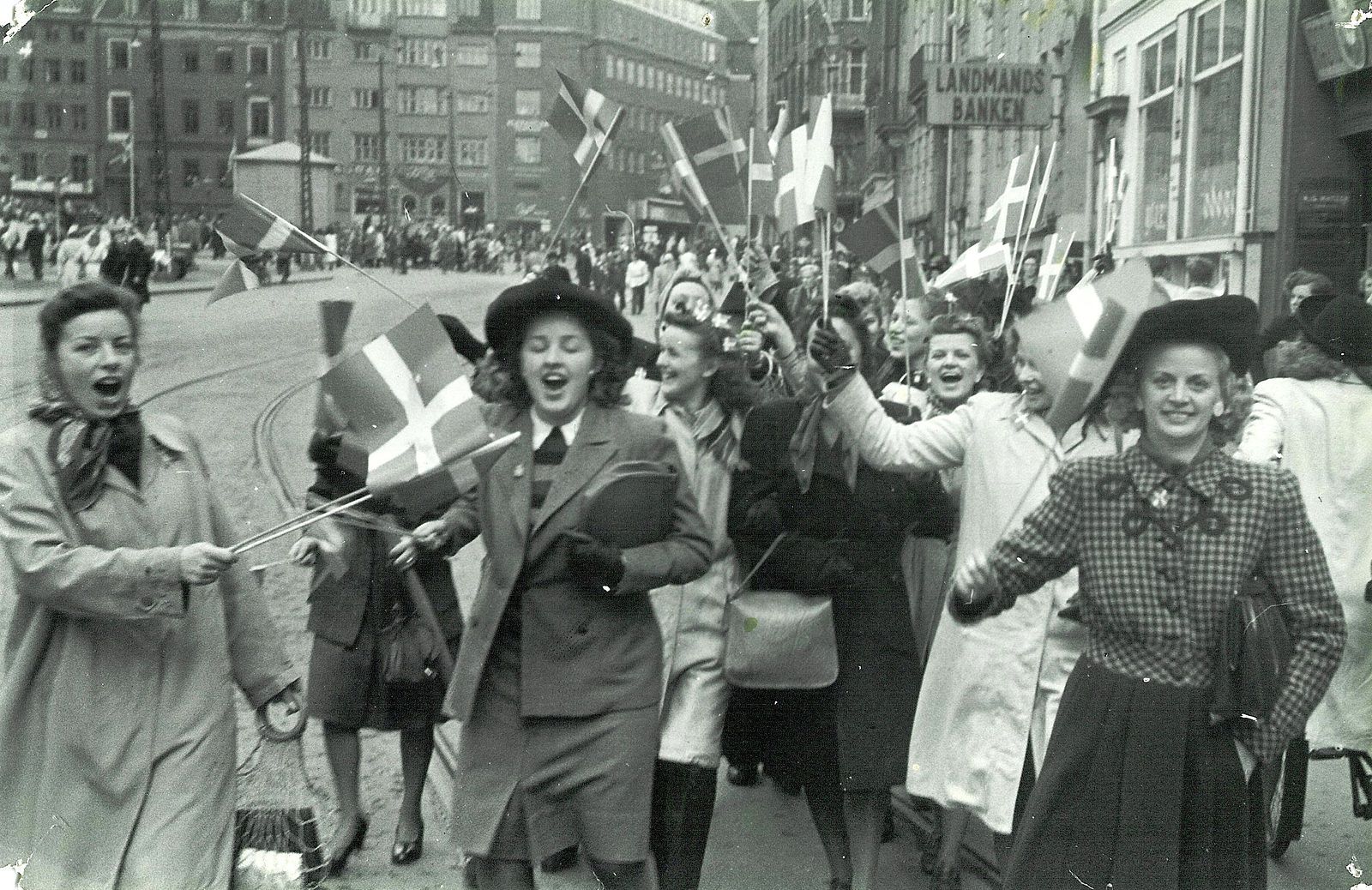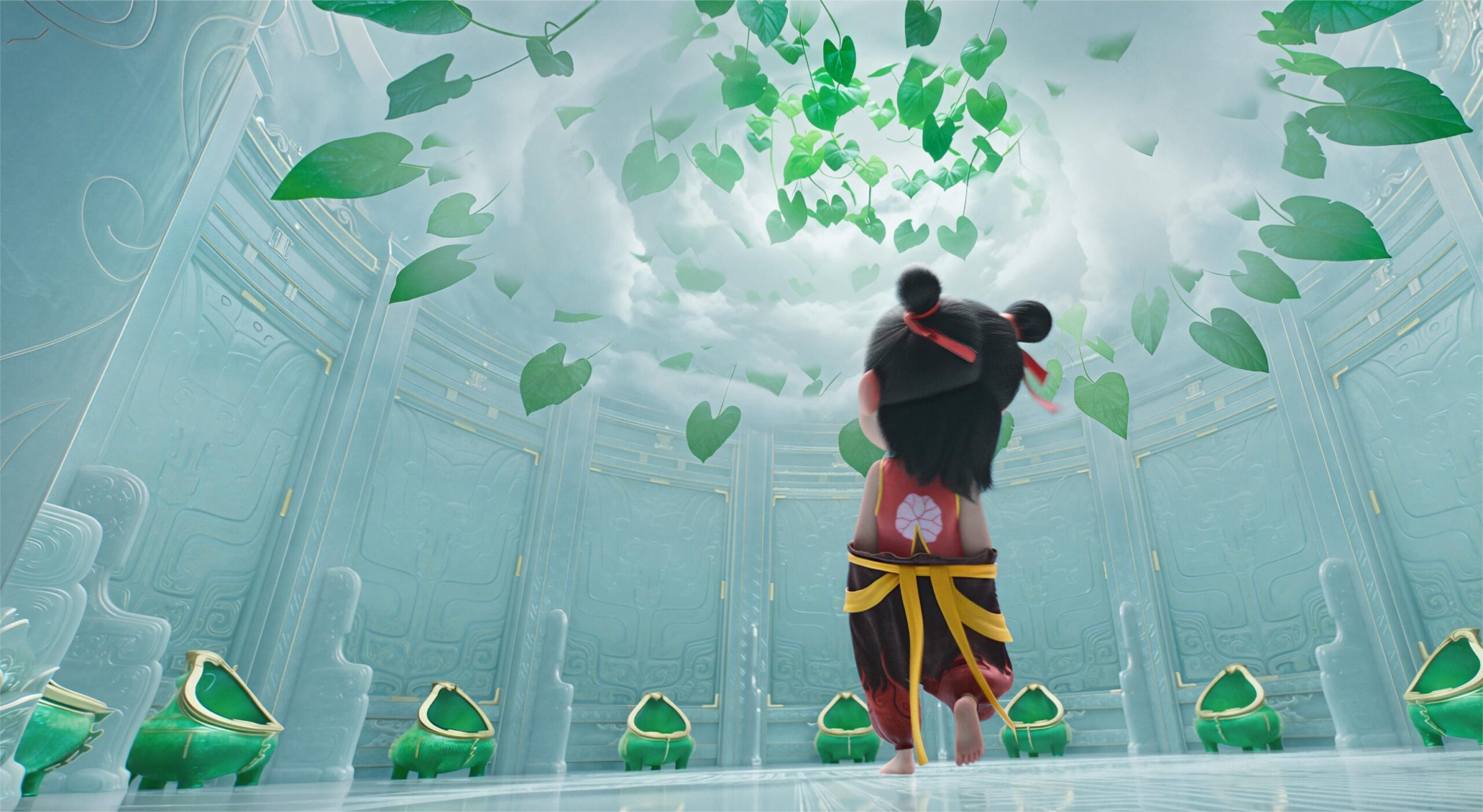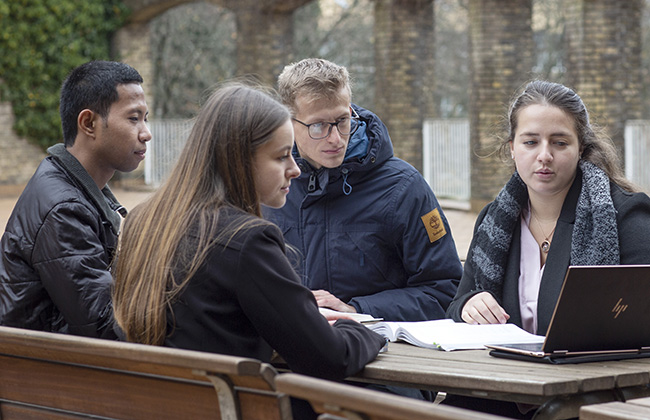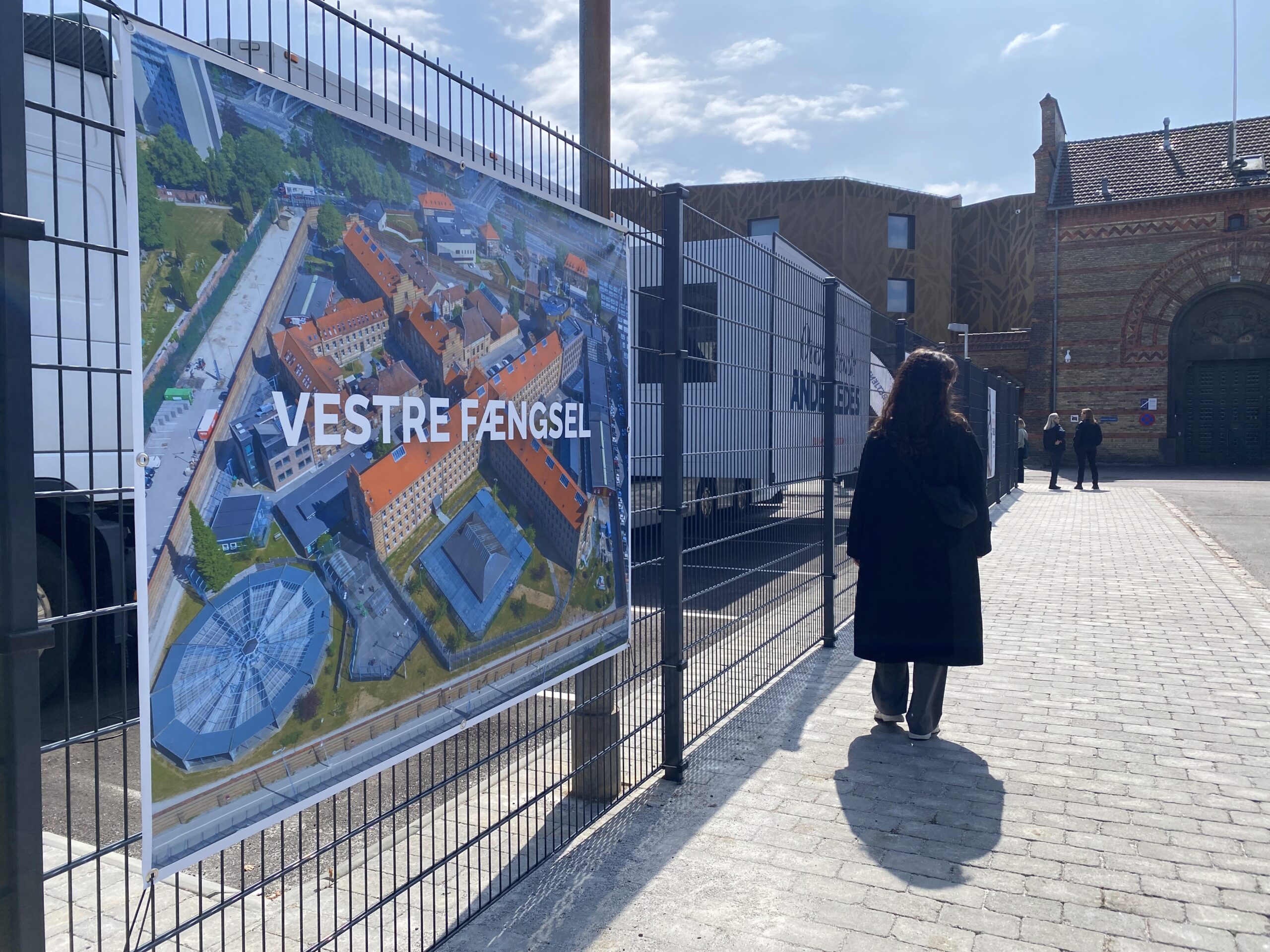New research by Danish scientists has brought us a step closer towards understanding how bacteria develop a resistance towards antibiotics and how antibiotic-resistant bacteria are spread.
The research, conducted by the Department of Biology at the University of Copenhagen, reveals that they spread through sewage and can transfer the resistant genes to other bacteria. Understanding this process will help scientists combat these kinds of bacteria more effectively in future.
Scientists previously thought that it was only closely related forms of bacteria which were able to transfer genes, but the new research suggests it is possible between different bacteria.
Electroshock therapy safe, study claims
Two Danish studies carried out by researchers at Glostrup’s centre for neuropsychiatric depression research have shown that electroshock therapy is a safe and effective treatment for depression. One of the studies claims that the treatment has a measurable and beneficial effect on the brains depressed patients. Also, there was no evidence of brain damage to patients who have had the procedure, the study finds. The researchers also pointed out that while electroshock therapy can be effective in treating depression, it is not a miracle cure.
Danish design for Mars wins award
A design submitted by two Danish architecture students for accommodation on the planet Mars has won an award in the ‘Marstopia’ competition. The design was inspired by dandelions and the structure is designed to harvest energy from the planet’s dust and sand storms. The competition was held by the British Eleven Magazine and the winner gets a prize of about 17,000 kroner.
Dane gets silver at international science fair
Benjamin Muntz, a 19-year old from Bronshøj, has won second place at the Intel International Science and Engineering Fair in the category of physical science. The competition received 1,750 entries from over 80 different countries. Muntz’s award winning project dealt with why we and our universe are three-dimensional. Along with his silver medal, Muntz also received a cash prize of around 10,000 kroner and the honour of naming his own asteroid.

